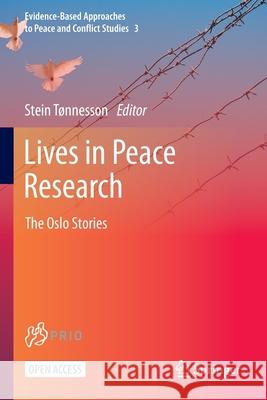Lives in Peace Research: The Oslo Stories » książka
topmenu
Lives in Peace Research: The Oslo Stories
ISBN-13: 9789811647192 / Angielski / Miękka / 2022 / 460 str.
Lives in Peace Research: The Oslo Stories
ISBN-13: 9789811647192 / Angielski / Miękka / 2022 / 460 str.
cena 160,99
(netto: 153,32 VAT: 5%)
Najniższa cena z 30 dni: 154,18
(netto: 153,32 VAT: 5%)
Najniższa cena z 30 dni: 154,18
Termin realizacji zamówienia:
ok. 22 dni roboczych.
ok. 22 dni roboczych.
Darmowa dostawa!
Kategorie BISAC:
Wydawca:
Springer
Seria wydawnicza:
Język:
Angielski
ISBN-13:
9789811647192
Rok wydania:
2022
Wydanie:
2021
Numer serii:
001153831
Ilość stron:
460
Waga:
0.73 kg
Wymiary:
23.39 x 15.6 x 2.72
Oprawa:
Miękka
Wolumenów:
01
Dodatkowe informacje:
Wydanie ilustrowane











